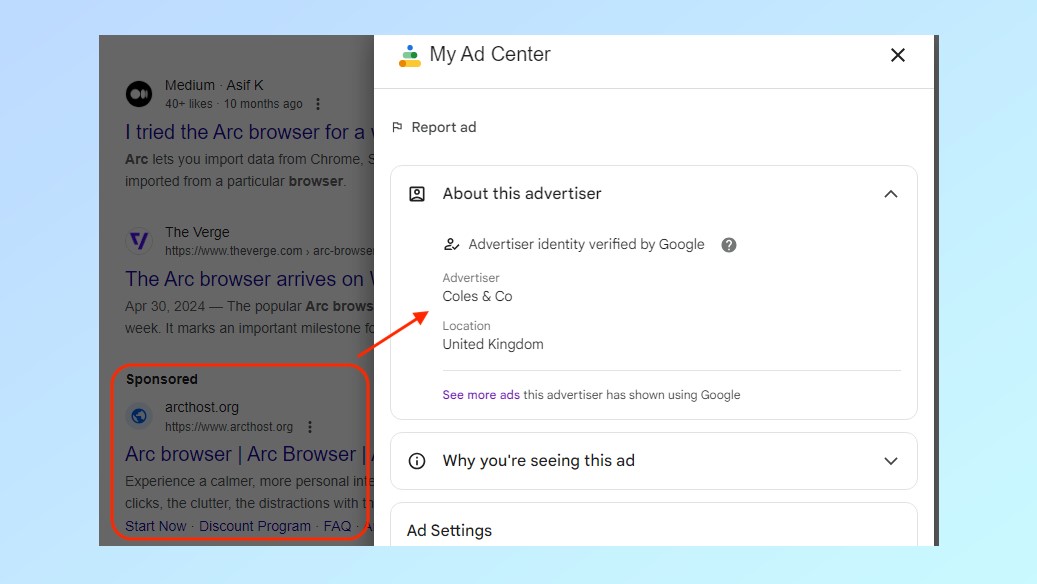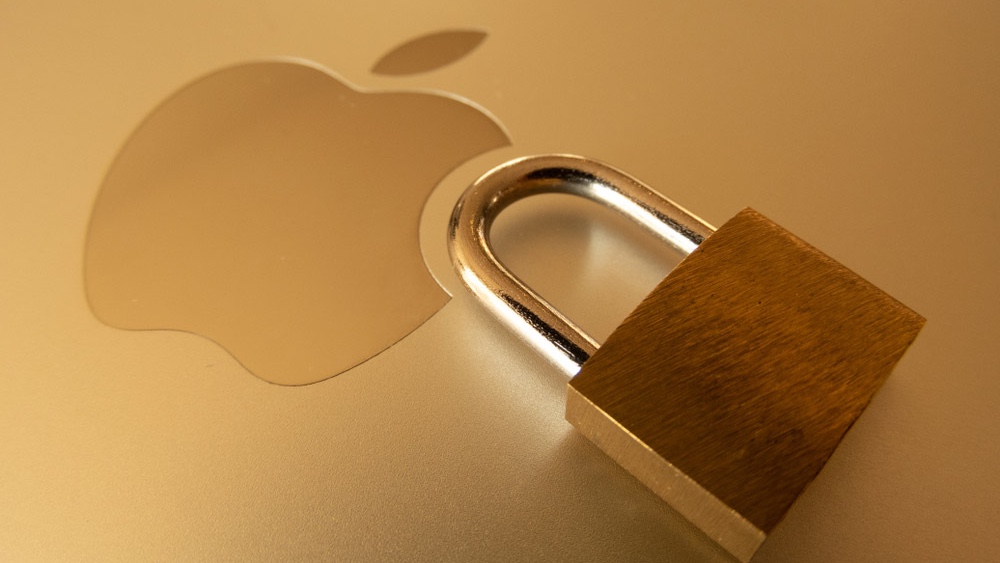
If you’re tired of Safari or Chrome and are thinking of switching browsers, you need to be extra careful as hackers are using fake ads to infect the best MacBooks with info-stealing malware.
As reported by Cybernews, a rebranded malvertising campaign dubbed “Poseidon” has been discovered online hiding in fake ads on Google Search. Apparently, this Mac infostealer was developed as an alternative to the popular Atomic Stealer used to target Windows PCs.
Here’s everything you need to know about this new malvertising campaign along with how to stay safe from malware when downloading new software for your Mac.
Hijacking search results with fake ads

In a new report, the antivirus firm Malwarebytes revealed that once again, hackers are using the popular new Arc browser as a lure in their attacks.
If a Mac user searches for Arc online, they could be tricked into clicking on a fake ad that leads to the site “arc-download[.]com" which isn't the browser's real address. Instead of the Arc browser, this site hosts a malicious DMG file that looks like a legitimate installer.
Seasoned Mac users will notice that something is amiss right away as this fake installer asks them to right-click on the DMG file to open it. Doing things this way allows the hackers to bypass macOS’ built-in security protections.
When installed on a vulnerable Mac, this fake version of the Arc browser can steal a victim’s files, passwords and browser data and even extract cryptocurrency from any crypto wallets found on their computer.
If you are looking for a change and want to try out Arc on your Mac, you can download it here at The Browser Company’s official website.
How to stay safe from Mac malware

Since this info-stealing malware is spread through fake ads after all, you may want to consider using an ad blocker on your Mac to avoid this and other similar threats online.
From there though, you should also be using the best Mac antivirus software to help detect and stop malware from infecting your computer. Apple does include its own built-in antivirus software with macOS but unlike with XProtect, you often get a number of extras like a VPN or password manager with paid antivirus software.
Even with an ad blocker installed though, you want to get in the habit of scrolling down to the actual search results when looking for new software online. Hackers often use fake ads to lead potential victims to malicious sites distributing malware in their attacks, so you want to avoid clicking on ads when possible. Instead, you’re much better off navigating to a site directly just to be safe.
Malvertising is quite effective and while Google is taking steps to crack down on the practice, hackers will likely continue to use this tactic in their attacks.







